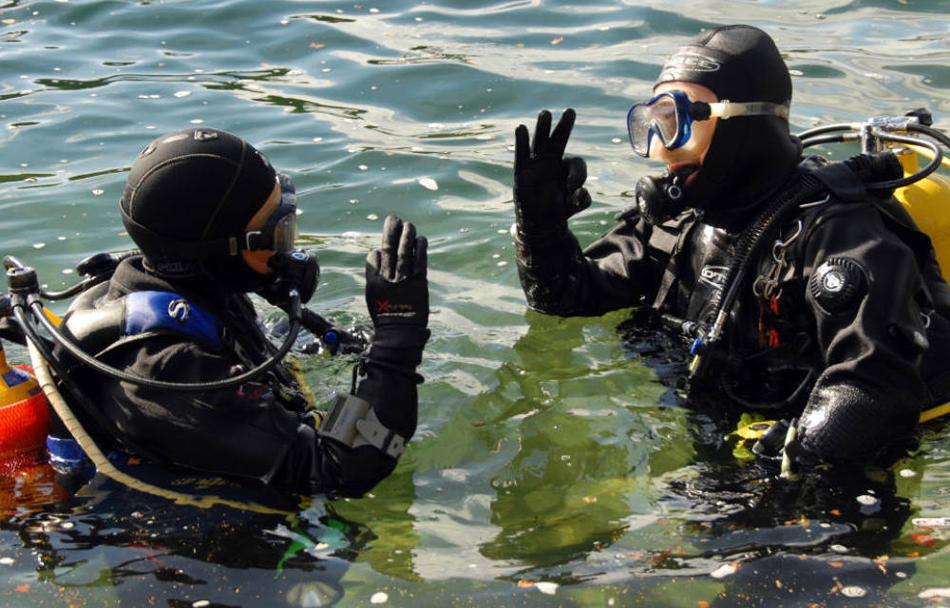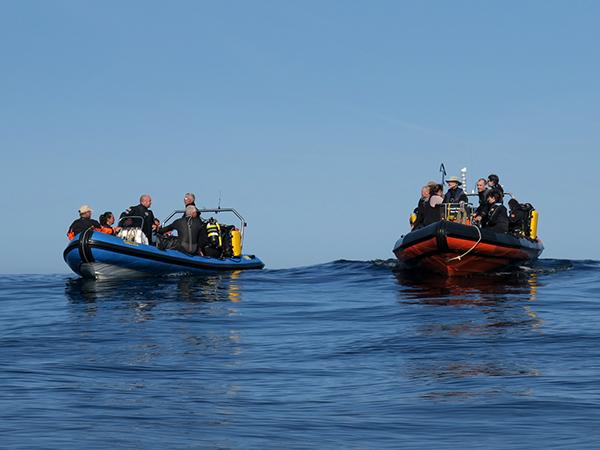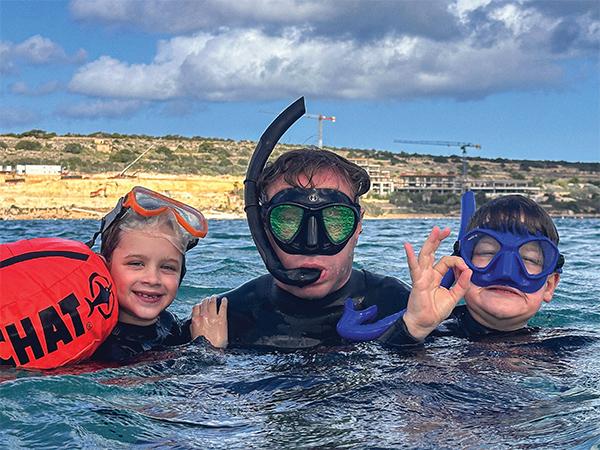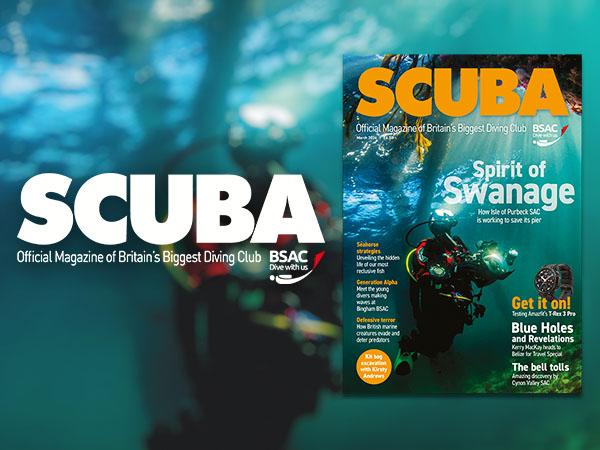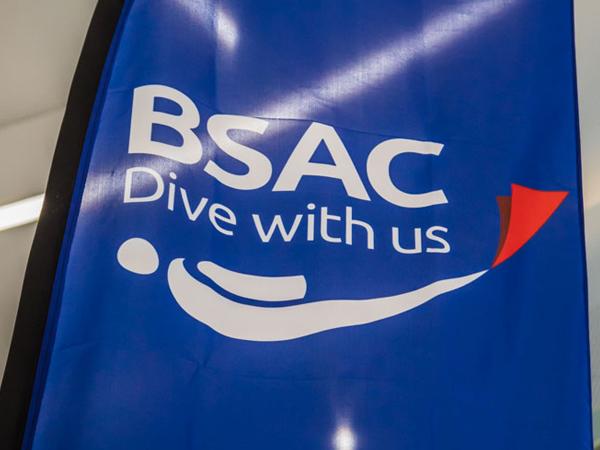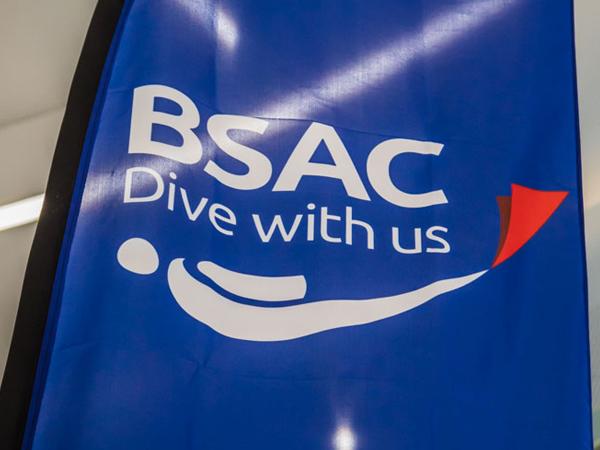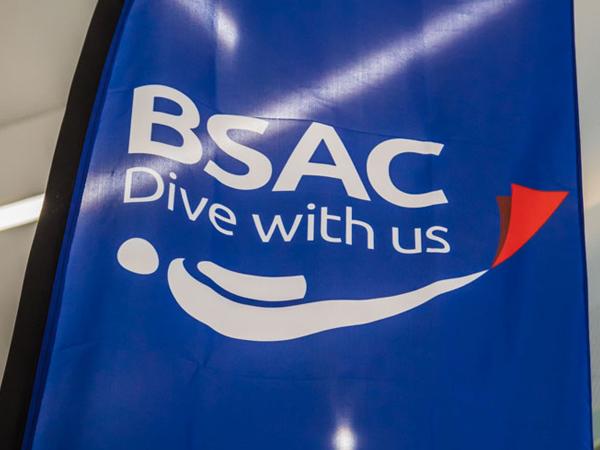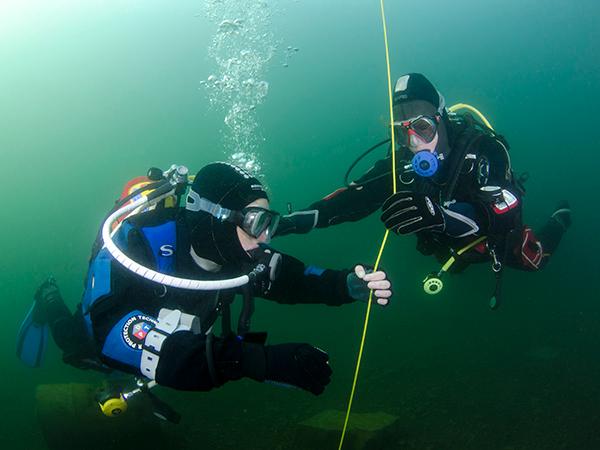Insurance meeting
A meeting was held online on Wednesday 31 January where questions were answered within the meeting. Additional questions were posed in the meeting chat.
Those questions relating to equipment including compressors and gas blending systems are covered in a separate document. Where appropriate reference is made to the relevant sections within that document.
Questions from the meeting on other topics are recorded below with responses grouped by broad topic areas.
Questions posted in the Insurance meeting Chat
Employers Liability
During the online meeting reference to employers’ liability cover was made by insurance brokers.
To clarify, employers’ liability normally applies if you have members who act on behalf of the branch in providing some service, especially if as a branch you own and operate premises (See branch equipment Section 2.), and is required to cover not only paid employees but also any volunteers on the premises.
Examples might include:
- Serving behind a bar
- Cleaning
- Property maintenance
- Opening and closing the premises
- Compressor and gas blending*
This is not an exhaustive list.
Members of a branch carrying out such roles as above have a right to be protected in case they are injured whilst carrying out their role. BSAC third party liability insurance would not cover this and branches need to ensure employers’ liability cover is in place.
Due to the above, commercially available branch insurance policies may include an element of Employers liability insurance cover as standard. Branches should check their own insurance includes this.
* Compressors and gas blending systems, whilst they may be sited within branch premises, represent a specific additional risk and should normally be insured under a dedicated branch policy, which may also require an employers liability component.
Branch social events
For normal branch social events, such as providing drinks in a bar, BSAC third party liability, would not cover the branches employee liability for a member serving behind the bar.
BSAC third party liability can cover the third party liability risk for social and/or fundraising events providing a Risk Assessment is submitted to insurance@bsac.com in advance and subsequently notified and approved by insurers.
Boat cover
| Question |
Response |
| 1 As I understand it, guest divers are not covered when diving from boats until they enter the water. Presumably in the water they are covered by BSAC Member insurance? So (unless your boat insurance covers this, which many don't) guest divers may only carry out pool or shore diving. |
BSAC members insurance extends to provide cover for guest divers who are diving with you with a view to joining your club, with a restriction to the maximum number of visits. If such a visit includes diving from a branch boat then the branch should ensure that any cover from the boat insurance also covers your liability for the guest and/or does not in any way invalidate the boat liability cover. |
| 2 Similarly not all boat insurance covers the cox for divers in the water |
When sourcing any insurance cover for a boat it is important to ensure that the policy covers the risks associated with the intended purpose the boat is used for. Coxing a boat for diving activities should be included within such cover. |
| 3 Under what policy would branch members be covered when carrying out maintenance activity on boats? |
You need to speak to the insurer of your boat. |
Policy document publishing
| Question |
Response |
| 1 Please can BSAC publish the full policy online so that branches and divers can access the full policy the summary is totally misleading. We (members and branches' are defined as the 'Insured') |
As explained in the meeting, the underwriter has insisted that the policy is not published on any website. The full policy wording, with commercially sensitive financial information redacted, is available on request. |
| 2 We don't get told when there is a change. |
There has been no change to the policy. The BSAC members insurance policy has never insured club equipment and there has been no change in this cover. See Insurance questions relating to branch equipment Section 1.. and sections 4-6. Insurable interest The interest that a person has in something such as a particular property or another individual, which means that the person would suffer a loss should that property or individual be harmed. In insurance law, you can only buy insurance for something or someone in which you have an insurable interest. |
| 3 Members are covered by the Insurance. They have a right to see the full policy wording of the insurance cover they rely on and pay for, |
The full policy wording, with commercially sensitive financial information redacted, is available on request.
The policy is purchased by BSAC for its members who benefit from the cover within their membership.
|
| 4 Please send us (xxxx Sub-Aqua Club) the full policy and unreacted please. |
You have been sent the full policy wording and only commercially sensitive financial information is redacted. |
| 5 If they are only accessible to people logged in to the website then no one outside BSAC can see them therefore not hiding anything |
As explained in the meeting, the underwriter has insisted that the policy is not published on any website. The full policy wording, with commercially sensitive financial information redacted, is available on request by members. |
Commercial activity
| Question |
Response |
| 1 what is the situation where Instructors have contribution towards their costs £40 per diver per day |
A volunteer instructor may be offered reimbursement for any expenses incurred in delivering BSAC training. Such expenses should be in line with the Expenses Guidelines published by BSAC. As long as the reimbursement was not in excess of actual expenditure incurred by the instructor, and no ‘payment in kind’ was made, then it would not constitute ‘commercial activity’. Setting a 'fixed amount' would risk exceeding the instructors actual expenditure and therefore risk being considered 'commercial'. |
| 2 How does this work with a try dive if the club is taking funds for the try dive as the try diver isn't a member of BSAC do we need HSE medical for this then? |
A branch may charge a realistic amount for Try Dives, which represents the reasonable costs associated with such an activity. Instructors may be entitled to their out of pocket expenses as above. Any [small] residue of income from Try Dives must be invested in the branch funds and not distributed to members. HSE diving medical is not relevant here as no one is at work. |
Freediving
| Question |
Response |
| 1 What's the definition of freediving - when does snorkelling become freediving? |
Freediving involves several disciplines, which involve breath holding but are at the more extreme end of the activity and not currently accepted as a BSAC activity. Should Freediving be accepted as a BSAC activity it would require negotiation with insurers over risks and any impact on premiums. Snorkelling is a recreational activity intended to allow the participants to explore the underwater world whilst breath holding. Snorkelling requires the application of the buddy system where monitoring of each other is necessary to ensure safety and would limit the more extreme exposures of depth and time, especially in UK waters. |
Insurance information
| Question |
Response |
| 1 Website has so many places where insurance is discussed/explained. There should be one page with FAQs only |
We will look at these pages and centralise them as much as possible. |
Safeguarding DBS checks
| Question |
Response |
| 1 The Insurance policy has the following: “All employees and volunteers must have passed The Disclosure Barring Service checks. If this Condition is not complied with, the policy coverage will not be operative.” |
BSAC has a responsibility to safeguard all our members, including volunteer instructors and others who have a duty of care for young people. Under Disclosure and Barring Service (DBS) rules, checks at standard and enhanced level can only be carried out for persons in a ‘regulated activity’. BSAC is registered with DBS to request DBS checks for members who are in a ‘regulated activity’ but cannot request checks for anyone who isn’t. BSAC and DR&P have agreed that the wording in the policy should be amended to: “All employees and volunteers, who are in a ‘regulated activity’, must have passed The Disclosure Barring Service checks. If this Condition is not complied with, the policy coverage will not be operative.” The requirement for all members is to follow BSAC Safeguarding policy.
|
Examples?
| Question |
Response |
| 1 Could you explain the risk through an example, e.g. a members slips while carrying club kit and say results in a disabling injury. The kit would otherwise be OK, but who would meet any compensation cost to the injured party? |
As explained in the meeting, scenarios are not helpful as illustrations as each specific circumstance would be different. It would depend if anyone was negligent, the BSAC policy is not a personal accident insurance. To illustrate through this suggestion see separate box below. |
| 2 Can we get examples (anonymised) of insurance claims that have been granted and denied (with reasons)? |
There have been no occasions where a valid claim has been refused cover. As explained in the meeting, where a claim has been dealt with, they are invariably subject to a non-disclosure agreement and so cannot be distributed. The nature of claims and subsequent legal action is distressing for all concerned and all parties. We have had claims that have held reserves as high as £13 million. One settled just above £1 million, one claim incurred £645k legal defence costs for a member. All the way down to a £4,655 paid for an incident where a member was accidentally struck in the face by another members equipment. |
| Example scenario - Someone falls whilst carrying branch equipment and suffers a disabling injury? |
|
Unless they had their own personal accident policy, the injured party would need to claim that the injury resulted from someone’s negligence. It would then be their lawyer’s responsibility to identify the negligent party and set out the particulars of claim, which might include some of the following considerations (this is not an exhaustive list).
Is the branch negligent just because it was their equipment?
What was the location of the fall and the prevailing conditions? Was it within a building/premises or other property (car park) in which case could the owner/occupier be held negligent?
Were there any other factors that caused the fall?
A further consideration would be the role the injured party played in the incident. In the case of a claim the defence is likely to rely on the part the individual contributed to the incident itself and questions might include:
|
Any further questions not already covered please email

